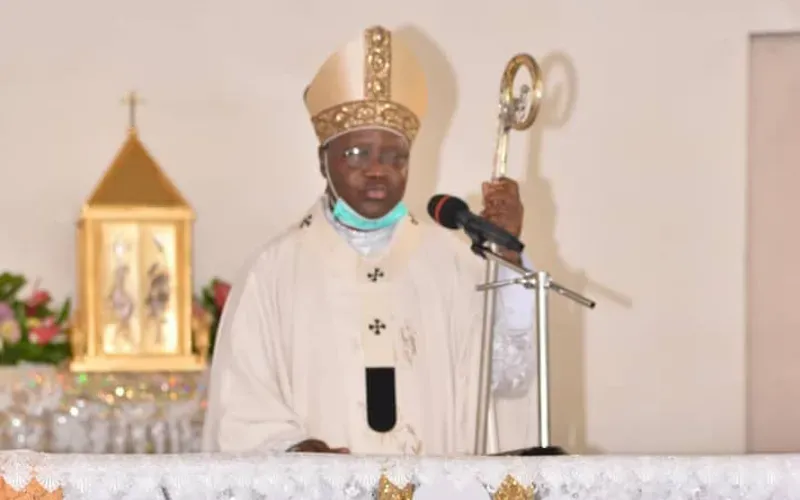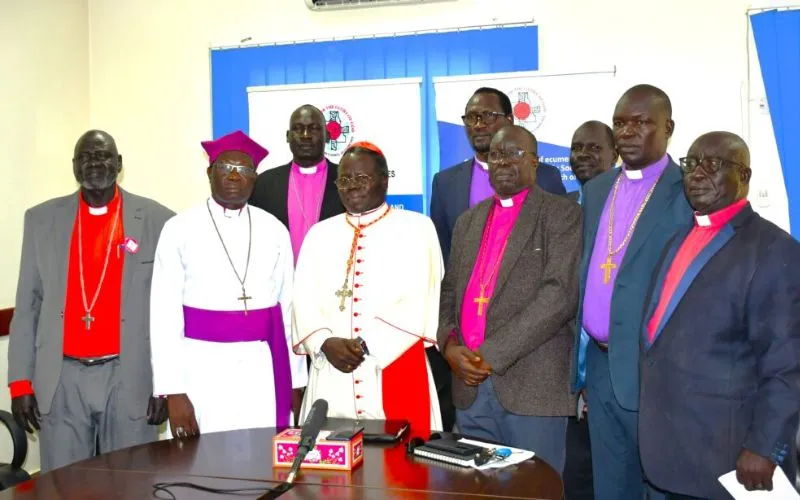Nigeria has been experiencing insecurity since 2009 when Boko Haram insurgency began with the aim of turning the country into an Islamic state.
Since then, the group, one of largest Islamist groups in Africa, has been orchestrating indiscriminate terrorist attacks on various targets, including religious and political groups as well as civilians.
The situation of insecurity in the West African nation has further been complicated by the involvement of the predominantly Muslim Fulani herdsmen, also referred to as the Fulani Militia, who have been clashing frequently with Christian farmers over grazing land.
In his keynote address during the September 24-25 General Assembly of his Episcopal See, Archbishop Kaigama reflected on the deteriorating security situation in Nigeria saying, “The news within and outside the country about Nigeria is not too good.”
He went on to highlight the variety of challenges bedeviling the West African nation and cautioned, “We cannot in Nigeria therefore remain blind to the issues of corrupt governance, unemployment, insecurity, the discontent among the young people and the increasing inability of many to meet the basic necessities of life.”
“We continue to task the government at all levels to show greater commitment to address the worrisome state of national insecurity and raging criminal activities,” the Nigerian Archbishop said.
“Huge loans we have formed the bad habit of taking, must be used to revamp the various sectors of the economy and strengthen government institutions to bring about the desired socio-economic progress, or else, we risk creating huge problems for future generations,” he said.
“Our political leaders should not feverishly dissipate energy in perfecting their costly political strategies while abandoning their social responsibilities to the people because they are targeting the 2023 elections,” Archbishop Kaigama went on to say in his address to participants in the General Assembly organized under the theme, “The Archdiocese of Abuja in Ministerial and Pastoral Collaboration.”
He appealed for “collaboration between the Bishops and the Priests; collaboration among Priests; collaboration between Priests and Religious; and collaboration between ordained Ministers and the Lay faithful.”
“Some make the mistake of believing that only the Bishops, priests and religious form the Church. This is a faulty or defective ecclesiology,” the 63-year-old Nigerian Archbishop said.








